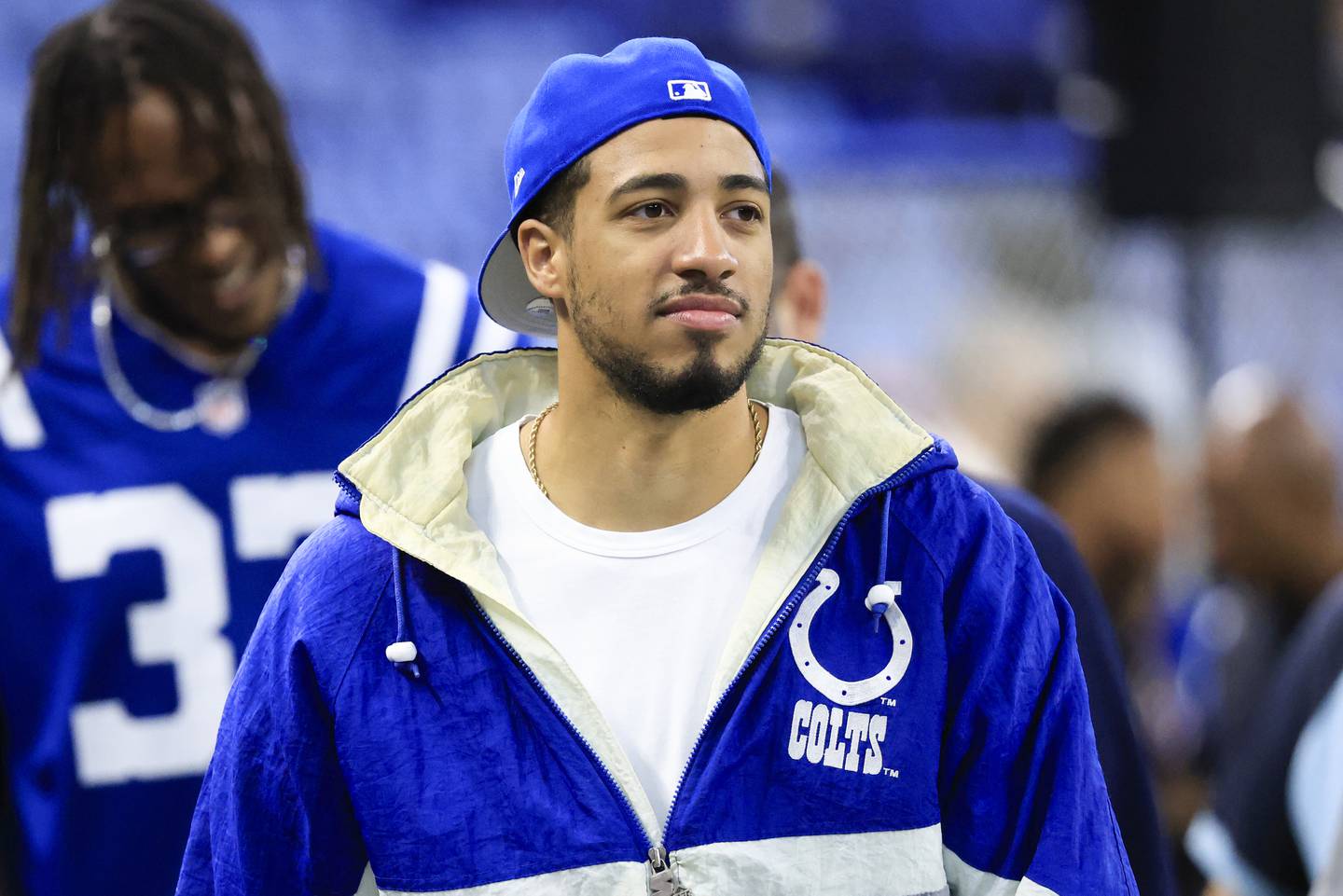Pete Rose was one of the greatest baseball players of the 1970s, a consummate hitter nicknamed Charlie Hustle for his work ethic at bat and in the field.
He won three World Series, and still holds Major League records for hits and games played. After segueing into management in the 1980s, he was eventually banned for life for betting on matches, both as a player and a coach. To this day, he remains excluded from the Hall of Fame and a pariah around the diamonds. Banished.
Alex Rodriguez was one of the greatest baseball players of the 2000s, the youngest ever to hit 500 home runs, a 10-time All Star who twice broke the record for the largest contract in professional sports.
His career included a one-season ban for using performance-enhancing substances, something he brazenly lied about for a decade.
Despite trailing a noxious steroid cloud, he is now the Gary Neville of televised baseball, an outsized personality who also does cameos on mainstream shows like Shark Tank and is currently trying to buy the Minnesota Timberwolves of the NBA. He’s revered.
The contrasting fates of Rose and Rodriguez illustrate the stark difference between America’s attitude towards gambling on games and using drugs to cheat in them. The former is regarded as a pernicious evil, the worst of all possible sporting sins. The latter is thought more as an occupational hazard, like tearing a cruciate ligament. Painful, sure, but nothing that can’t be recovered from. With time.
All of which explains why the same sport that embraces a recidivist steroid-user like A-Rod is currently losing its mind about Shohei Ohtani’s interpreter allegedly wagering a chunk of the Los Angeles Dodger’s fortune on sports.
Only the truly gullible believe that. Everybody else sees right through that explanation and knows full well this scandal is an inevitable consequence of a country selling its sporting soul to the bookies.
It’s almost impossible now to experience any game in America without being waterboarded by commercials offering you chances to stake money on every aspect of the contest.
Predatory outfits pester bettors with offers of free money to open accounts, knowing the addictive nature of the practice ensures the house will easily recoup multiples of that initial outlay. The smartest drug dealers never charge for the first hit.
Every NBA game comes freighted with the opportunity to punt, not just on the result, but on the number of fouls given, foul shots made, shots made, shots missed, and every possible statistical variation imaginable.
Four clubs have bookmaker outlets in the arenas, and the abundance of prop bets (eg how many minutes somebody will play) is blamed for the Toronto Raptors’ forward Jontay Porter being investigated for irregularities surrounding some of his performances this season. He came off injured and ill in suspicious circumstances in two games currently under review, and some bettors profited hugely from his premature departures on those nights.

Like Captain Renault’s shock in Casablanca upon discovering games of chance in Rick’s, the NBA’s pearl-clutching about the matter is typically sanctimonious and difficult to stomach. What else did they think was going to happen once they took the gambling dollar?
This is the same league that just announced subscribers to LeaguePass, a service that allows you to watch every game in a season, can now opt to have a betting app incorporated into the live stream to make it even easier and more convenient to lose money.
Little wonder the Cleveland Cavaliers coach JB Bickerstaffe has recounted receiving threats during games from courtside gamblers angry at him substituting key players when they needed his team to run up the score to cover the points spread.
Other coaches testify about being similarly harangued by irate bettors wanting to influence the game because they have huge money riding on the outcome. Indiana Pacers star Tyrese Haliburton has talked about how the toxicity and prevalence of gambling causes supporters to dehumanise the men on the court.
“Not everybody cares to hear how we feel,” said Haliburton last month. “To half the world I’m just helping them make money on DraftKings or whatever. I’m the prop, you know what I mean. That’s what my social media mostly consists of.”
Over the past six years, sports betting has been legalised in 38 states and Washington DC, and has become an $11 billion dollar a year industry. In the last 12 months, there have been gambling scandals involving University of Alabama baseball, Temple University basketball, and athletes from across several sports at the Universities of Iowa and Iowa State.
The number of cases at the pro and collegiate level is only likely to grow as advertising becomes ever more relentless and stories proliferate of naive teenagers being lured into online betting at younger ages. A national epidemic is brewing but media outlets and leagues are too busy counting the easy money to take action.
Last month, basketball analyst Rece Davis got into some bother when he described wagering advice in advance of a March Madness fixture as a “risk-free investment”. He later issued a clarifying statement acknowledging that sport is unpredictable and encouraging fiscal responsibility.
Davis was speaking on ESPN, a television network that devotes hours each day to promoting betting, platforms so-called experts to encourage viewers to have a flutter, and which recently launched its own gambling arm called ESPNBET.
The game is the game.